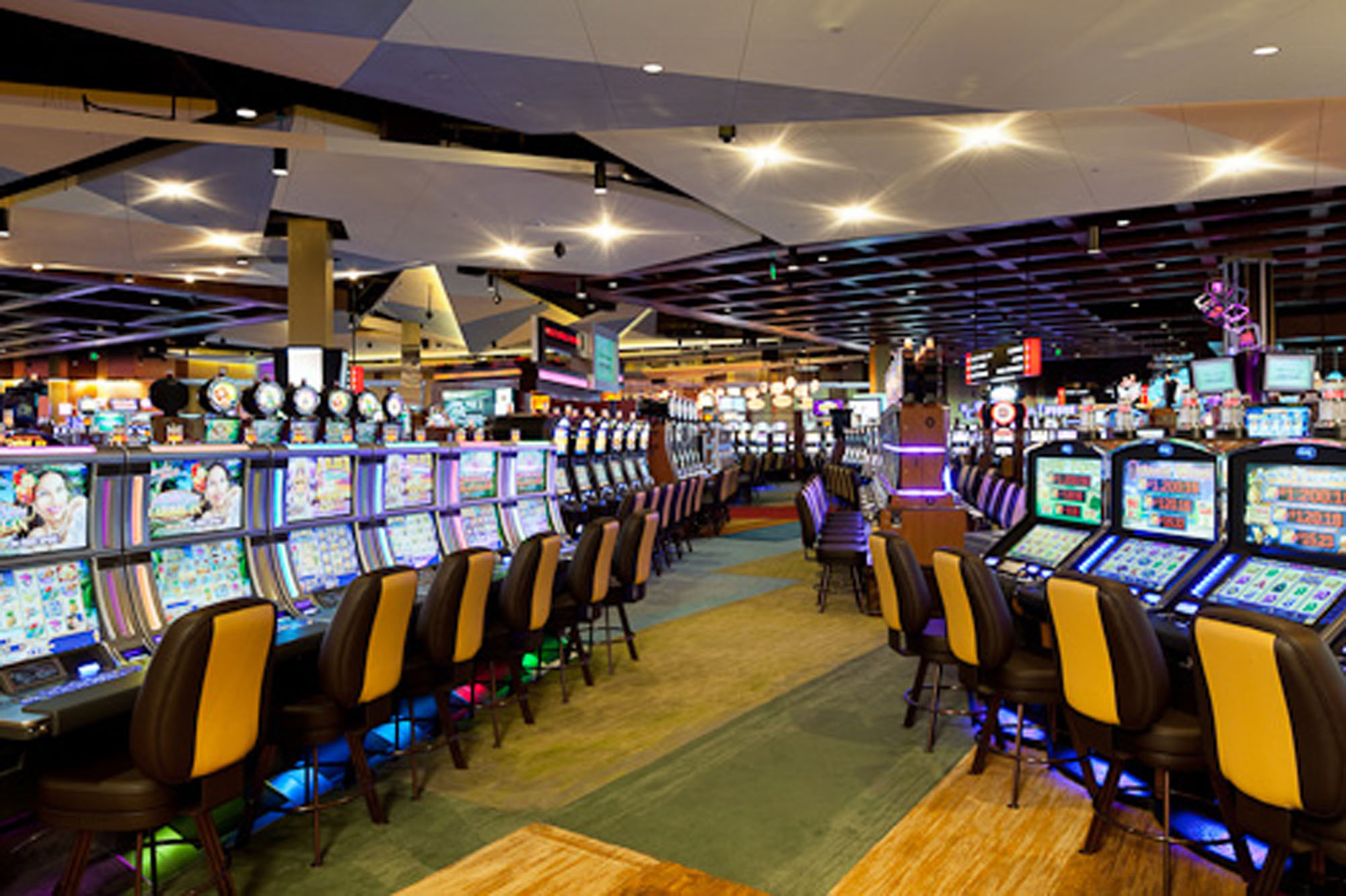
Gambling games have long been a engaging form of entertainment, drawing millions of players from different cultures around the globe. From the opulent casinos of Vegas to the bustling gambling halls of Macau, these games serve as a common thread that unites people across a variety of backgrounds. The allure of luck, tactics, and gambling entices not only those hoping to strike it rich but also those looking for a sense of community.
The significance of casino games extends well beyond the gaming floor. They often reflect the values and traditions of the cultures in which they flourish. https://sanhga88.store/ Games such as seven-card stud, blackjack, and the wheel game have integrated into the fabric of mainstream culture, influencing everything from movies to style. As we explore this fascinating intersection of gambling and life, we can better understand how these games shape and are affected by the world around us.
Historical Evolution of Gaming Games
The roots of gambling games can be traced back to historical cultures, where gambling in different forms was extensively performed. In China, around two thousand three hundred years before Christ, a type of luck game known as Keno was popular, while in ancient the Roman Empire, soldiers would regularly wager on the consequences of their matches. The idea of using randomness for entertainment and gain progressed over the ages, leading to the establishment of more organized activities. By the late Middle Ages, betting houses began to emerge in Europe, particularly in Italy, which brought forth early incarnations of famous games still practiced today.
As betting expanded recognition in European regions, the 17th and 18th centuries saw the rise of gaming houses as specialized locations for betting. The initial official gaming venue, the Ridotto, was established in the Venetian city in sixteen thirty-eight, providing games like Baccarat and the game Faro. This era marked a significant pivoting point, as casinos began to welcome not just the high society but also the growing middle-income class. The complexity of games grew, leading to the creation of new rules and variations that enhanced the play experience.
In the 19th century, the era of industrialization and changes in societal norms also changed the landscape of casino games. Sanhga88 The arrival of roulette and contemporary gaming machines drew a broader crowd, and gambling establishments became seen as acceptable fun. This era witnessed the globalization of casino activities, as gambling houses expanded from Europe to the New World, culminating in the creation of the legendary Strip of Las Vegas in the 1900s. The development of gambling activities has progressed into the present day, integrating technology and online sites, making them available to a universal population.
### Cultural Significance in Various Communities
Gambling games have significant social importance in numerous communities across the world. In Las Vegas, the very fabric of the city is woven around gambling establishments, where playing is not just a hobby but a key aspect of entertainment and community interaction. The dazzling lights and lively atmosphere attract a vast audience, showcasing how gambling activities can impact local economies and local cultures. This surrounding transforms the notion of leisure into an immersive encounter that shapes style, melodies, and even film.
In contrast, some communities approach wagering with more caution, considering it through the lens of ethical considerations and heritage. A case in point, in various Eastern societies, games like Mahjongg and Pai Gow are rich with history and possess significant social implications. These games are often played during get-togethers and celebrations, fostering social ties and solidifying family ties. The act of participating in these games goes above mere leisure, reflecting values such as respect for elders and the importance of communal fun.
Simultaneously, in continental countries such as Monte Carlo and Italy, games of chance serve as symbols of opulence and refinement. The refined atmosphere of these venues attracts both travelers and locals, upholding a sense of distinction and elitism. The art of Texas Hold’em and the strategic features of games like banker’s game are esteemed, influencing community relationships and creating an attraction that fascinates a varied audience. This highlights how gambling can concurrently reflect and influence cultural perspectives towards risk, gain, and community interaction.
Financial Influence and Travel Industry
Gambling activities play a important role in the economic landscape of many regions, particularly those that rely heavily on visitor traffic. The revenue generated from gambling establishments fuels local economies, creating jobs not only within the casinos themselves but also in related sectors such as hotel management, dining, and entertainment. This surge of tourists, drawn by the allure of games and the overall casino experience, stimulates spending across multiple local enterprises, contributing to the economic vitality of the region.
The existence of casinos often leads to the development of infrastructure, including hotels, transportation systems, and recreational facilities. These improvements are essential in improving the overall visitor satisfaction, making destinations more attractive to tourists. Additionally, many casinos contribute in local communities through support of activities and philanthropic activities, further embedding themselves into the social fabric of the region. Such investment not only supports economic growth but also fosters a positive image of the gambling sector.
In addition, the worldwide appeal of casino games drives competitive tourism, with locations vying to attract gamblers from around the world. Iconic locations like Las Vegas and Macau have become synonymous with gambling culture, drawing millions each year. This advantage encourages creativity and diversification within the gambling sector, influencing trends in entertainment and hospitality that extend beyond their limits. The consequences of this visitor influx extend wide, impacting local economies and cultural interactions on a global scale.
